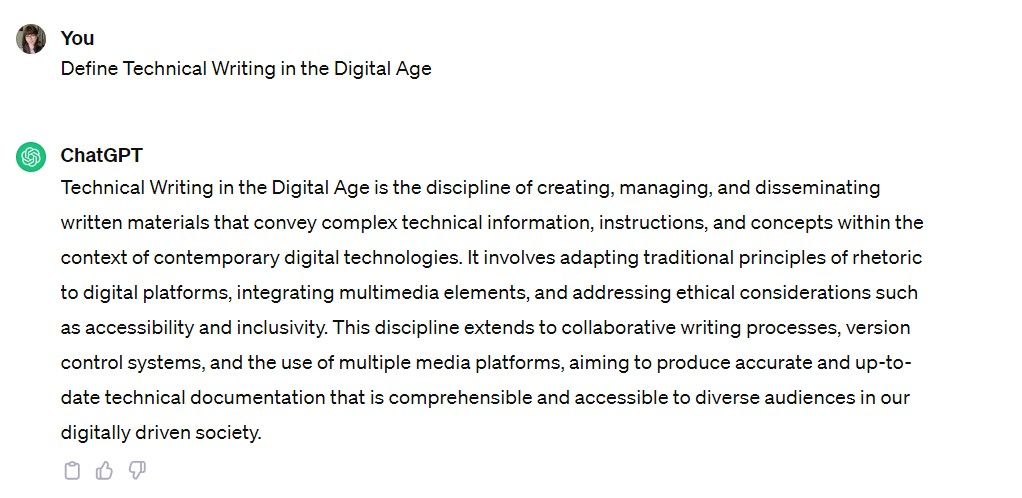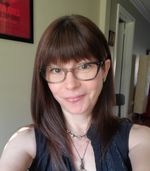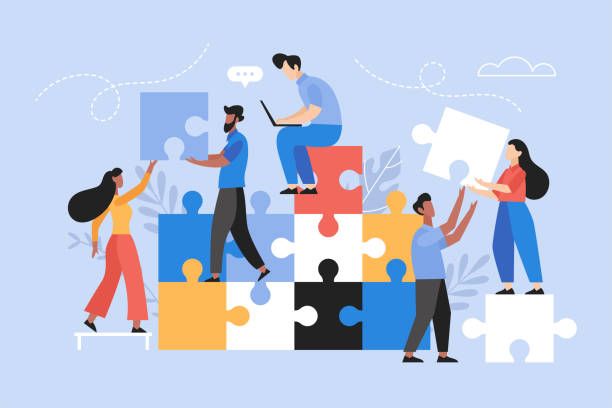Wikipedia Learning Curve, Calamity, and Collaboration

Writing is something I can do all day long. It's my job. I love it (most days) and I'm good at it. Wikipedia, however, is something else altogether. I've done technical writing. I've worked for a newspaper. Conveying complex information in an accessible way from a neutral, unbiased point of view is something I am intimately familiar with. There are many things I could say about Wikipedia markups and citing sources and references that are neither neutral, nor unbiased, but I will not focus on the negative.
Wikipedia is a free source of information, so I totally understand why the interface is so primitive and relies on coding rather than rich text to input information. The overhead to maintain "behind the scenes" formatting would be cost-prohibitive for the vast amounts of pages the site supports and new pages get added by the minute. I get it. I don't LIKE it, but I get it.
What I did gain from this experience is a greater appreciation of Wikipedia, in general. Before this class, I had no idea about all the painstaking measures that go into creating and/or editing a Wikipedia page. It was illuminating, and I have a whole new respect for the medium. Not only for the hurdles and coding a person has to learn, but for the rules and policies in place so that people can't just throw up a Wikipedia entry full of personal opinions about whether the Earth is flat or that Hitler was just misunderstood. There have to be credible, unbiased sources to prove one's information. It was also refreshing to see that when there is a lack of credibility or neutrality, there are measures in place to add references, edit for a neutral point of view, or request to pull an entry altogether if it doesn't meet the criteria.
My contributions to LitWiki: Technical Writing in the Digital Age
Due to circumstances beyond my control, I have been following the progress of the collaborative project, but have been very last minute with my contributions. I am still working on writing my revisions for the lead and will be editing throughout the week. So far, I have made a couple of sections more concise and will continue to do so with the remainder of the page.
Editing is a valuable contribution to any writing project, and as a writer, I know firsthand how it can improve an article or story. As for rewriting the lead, the very first discussion point on the "talk" page admits that the overview was written by ChatGPT, and upon close reading, it absolutely sounds like a chatbot. In fact, I asked ChatGPT to "define technical writing in the digital age" and it spit out nearly verbatim, what was in the lead.

It's overwhelming how much information has already been covered and how thorough the page is. The class has done a fabulous job so far and more than anything, I feel like more of a liability than an asset. I'm secretly hoping to be the "dark horse" who comes up from behind and surprises everyone with my outstanding technical editing skills and ability to fill in the blanks. Barring all that, I just want to make it through the week with what's left of my sanity intact so I can enjoy the holidays.




Comments ()